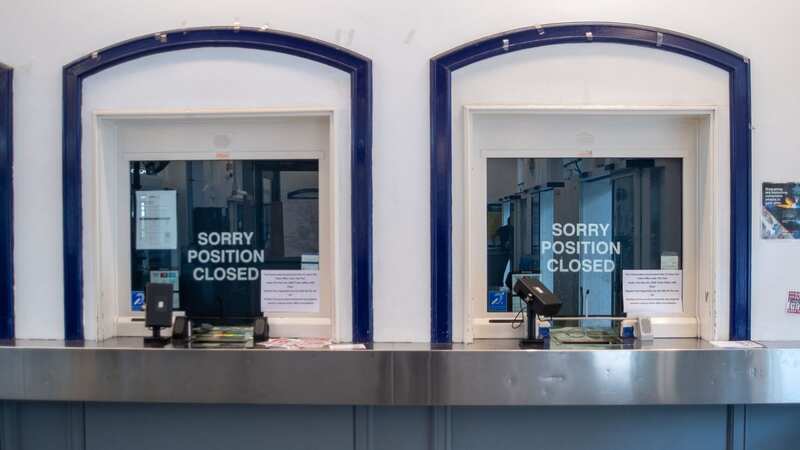'It's vital for disabled people that you oppose train ticket office closures'

It’s been announced at the eleventh hour that consultation on the closures of train station ticket offices has been extended until 1st September, this means we have slightly longer to try and stop this.
Chief Executive of Transport Focus Anthony Smith said in a statement “it is important that a diverse range of views from all parts of the community are heard in this consultation. New comments received will be read, considered and used in discussions with train companies in the coming weeks.”
It’s great that the consultation has been extended as it’s lasted just twenty-one days - however, the law requires consultation processes to be twelve weeks and this will take it to just eight.
It also involves contacting each rail company separately and expressing your concerns, something that many disabled people will struggle to do in such a short time frame - it’s almost like that was their aim.
The DfT claim the move will save millions as just 1 in 8 tickets are bought at ticket offices, but there’s no “just” about the actual figure. 990 million train journeys were made between 2021 and 22, so that means around 118 million of those were made possible by train station ticket offices.
 Nail salon refuses to serve disabled teen saying it 'doesn't do people like her'
Nail salon refuses to serve disabled teen saying it 'doesn't do people like her'
There were also around 242,770 Disabled Persons Railcards in circulation at the end of March, that’s 11% higher than last March.
If allowed to go ahead, disabled people’s organisations and rail unions fear that it would make travel and by extension general life impossible for disabled people.
After all, if you can’t get a train to work you can’t work. If you can’t get a train to visit family and friends, you’re effectively isolated. If you can’t get a train to hospital appointments you can’t access important medical treatments.
That might sound a bit extreme, but disabled people rely on train station ticket offices for so much.
Whilst operators are heavily referring us to ticket machines, these just aren’t accessible to many disabled people. Not only are most too high and touch screens impossible for many disabled people to use, but many disabled people prefer to use cash to help us budget better. Transport for All found that 1 in 5 disabled people struggle to book or pay for tickets.
You also can’t buy some tickets which make it cheaper for disabled people to travel, such as the 50 per cent wheelchair user discount, at ticket machines.
The DfT is claiming it would see train station staff unshackled from desks and out and about where it’s easier for customers to find them. But ticket offices are a fixed point where disabled people know they can go for assistance and advice. They’re a place guide dogs are trained to find. When your train is cancelled and you feel a meltdown brewing it’s much easier to go to a station than have to traipse around a station on the off chance you’ll find someone.
The claims that more staff will be around stations have been refuted too. Transport for All says the reality is that there will be less staff across the network and fewer hours in which to access "face-to-face help”.
They cite that under East Midland Railway’s plans, 16 stations will become completely unstaffed, with staff presence limited to “daily” or even “weekly” visits from mobile teams. Approximately 70 South Western-operated stations will see an increase in the number of days where there are no staff located at the station. And for West Midland Railways this rises to 78 stations.
This is why we need as many people that can to oppose the closures. Whilst this is of vital importance for disabled people, we also need our allies to show up for us and tell the government and operators that they can’t stop disabled people from travelling.
 'Disabled people are too often falling off the radar and it's costing lives'
'Disabled people are too often falling off the radar and it's costing lives'
Read more similar news:
Comments:
comments powered by Disqus

































